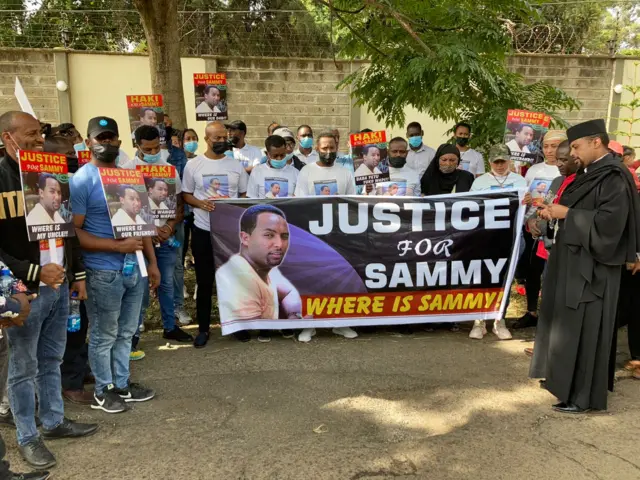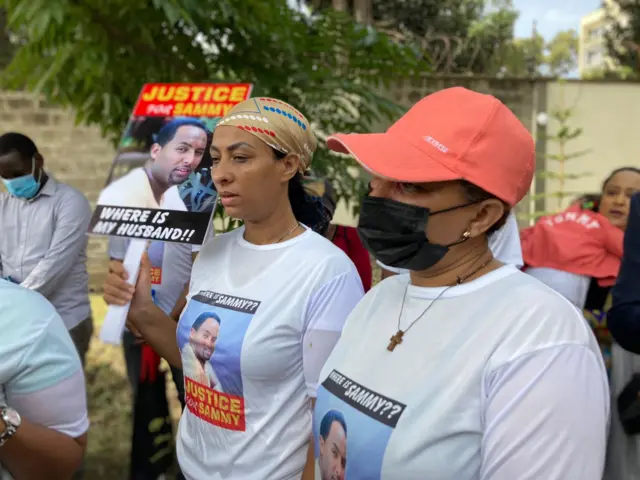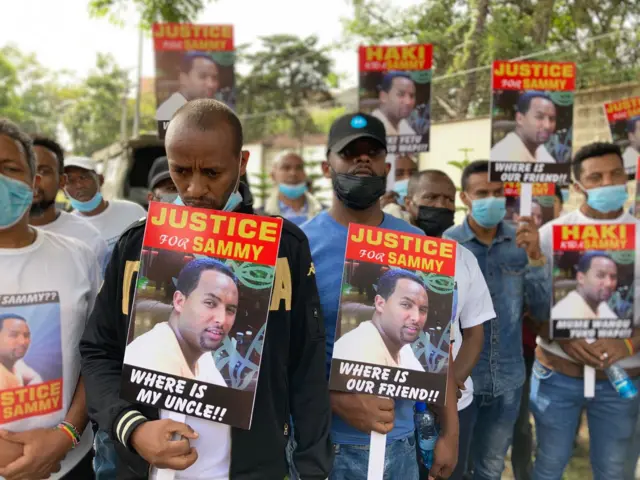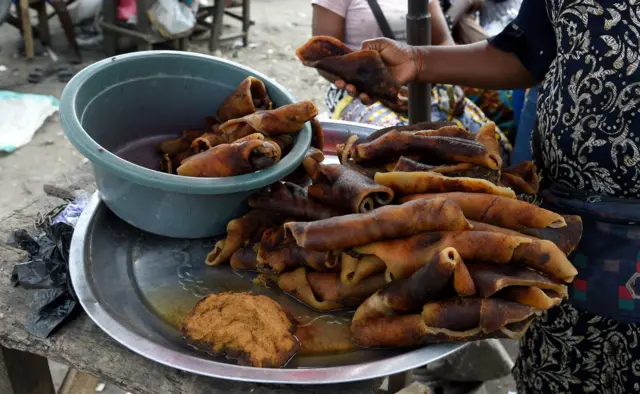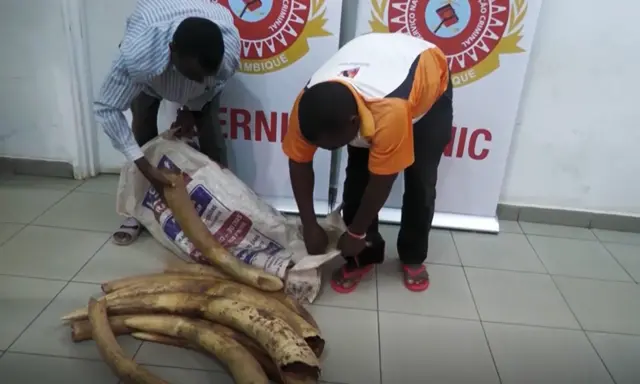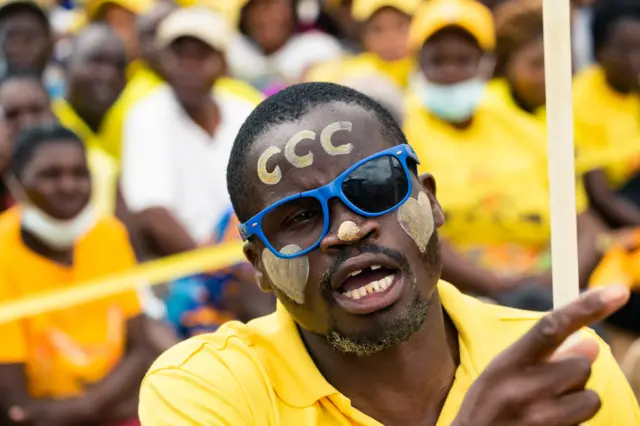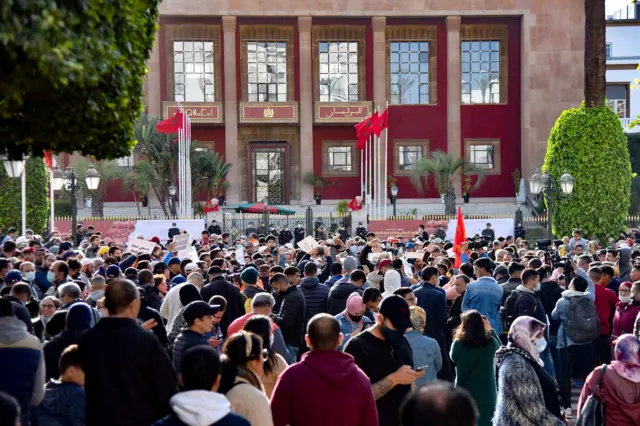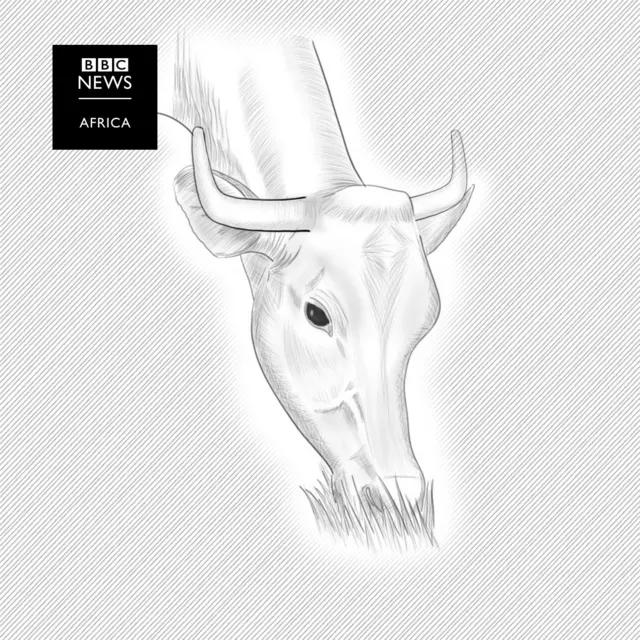Burkina Faso confirms two civilians died in couppublished at 11:06 GMT 21 February 2022
 BBC Monitoring
BBC Monitoring
The world through its media
 Image source, EPA
Image source, EPAPaul-Henri Damiba was sworn in on 16 February as interim president
Burkina Faso's transitional president, Lt Col Paul-Henri Damiba, has called for an investigation to assess fatal events during the 24 January military coup.
Two civilians were killed and a dozen others were injured by stray bullets during the military takeover, according to a statement released by the presidency.
Mr Damiba ordered that the families of the victims be taken care of, reassuring them that all measures would be taken to support them.
A girl who was among those injured is still waiting for a bullet to be removed from her lung, Radio Omega reported.
Mr Damiba, who was sworn in on 16 February as interim president, has vowed to do everything possible to guarantee justice for all the people of Burkina Faso.
